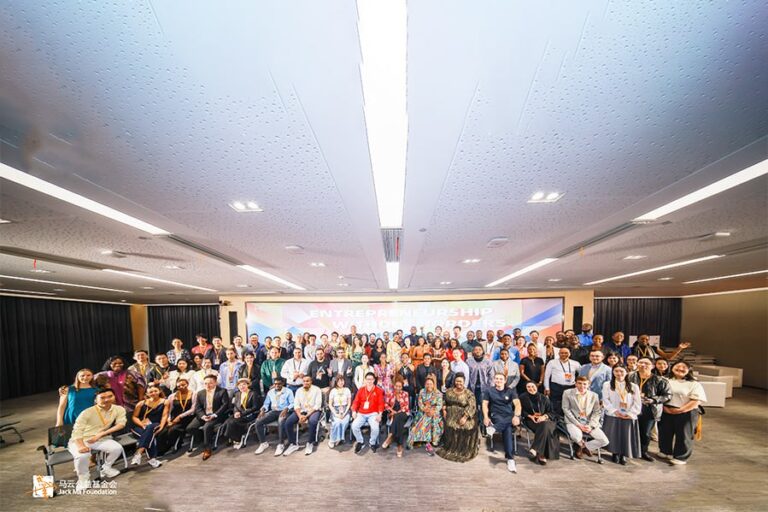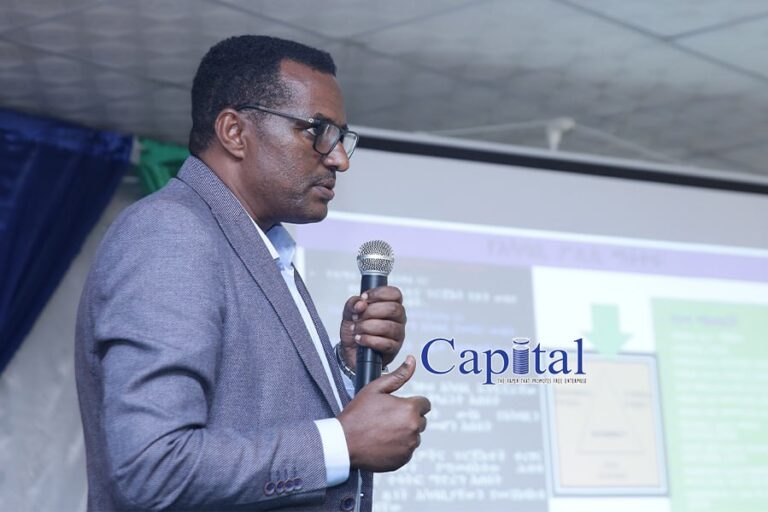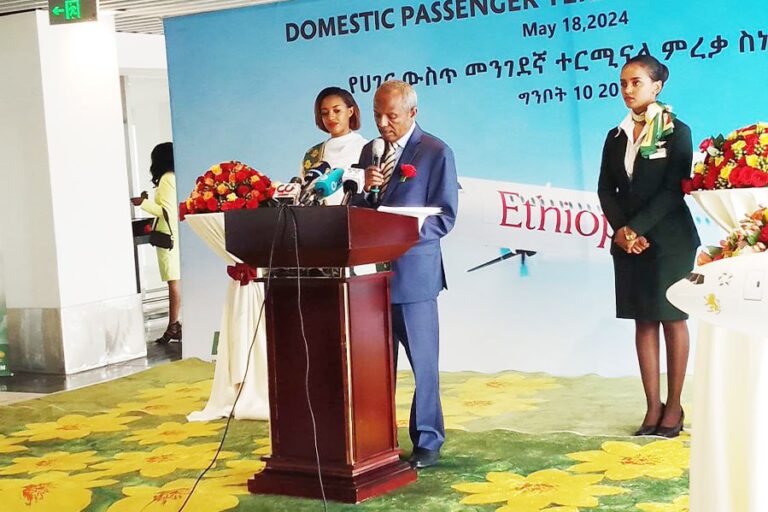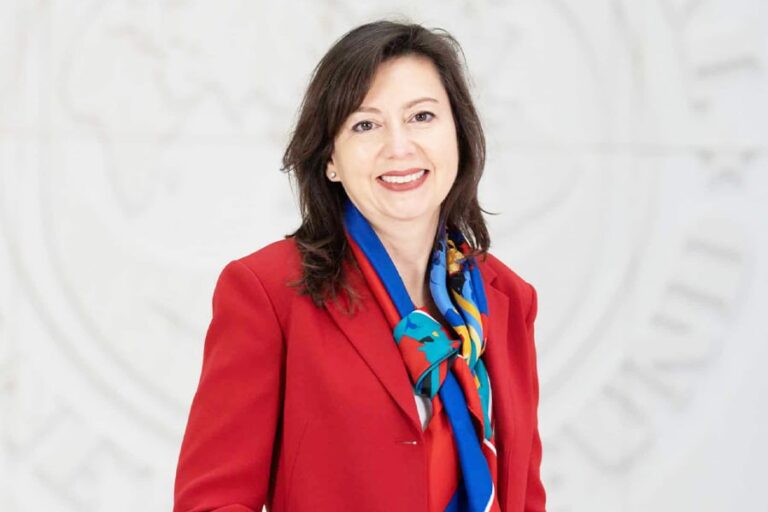The Africa’s Business Heroes (ABH) Prize Competition, a philanthropic initiative sponsored by the Jack Ma Foundation and Alibaba Philanthropy, hosted 40 participants in Hangzhou, China, between April 20-27. This diverse group included top 10 Heroes and other finalists of the annual entrepreneurial competition as well as its partners from across Africa. The participants were treated to an immersive experience at Alibaba’s headquarters, enriching them with valuable insights to bolster their entrepreneurial endeavors on the continent.
During their stay, the ABH Heroes, spanning cohorts from 2019 to 2023, engaged in a plethora of activities. These included deep dives into various aspects of the digital economy, from cloud computing to AI-driven logistics and e-commerce villages. Workshops and site visits were organized to elevate the entrepreneurs to greater heights of success. The exchange of knowledge and exploration of collaboration opportunities with Alibaba’s business leaders and among the participants proved invaluable, offering new perspectives to overcome challenges and scale their businesses.
Diarra BOUSSO, Founder & Creative Director of Diarrablu and ABH 2020 top 10 Hero, expressed her gratitude for the enriching experience, stating: “This trip was so inspiring in so many ways. First, meeting all these entrepreneurs who are the top entrepreneurs on the African continent and spending a week together was an incredible experience. And second: being immersed in the world of Alibaba and all the companies Jack Ma and his team built over time and understanding the vision behind it was like a dream come true.”
In another exciting development, ABH has extended its deadline for 2024 entries from May 19 to June 9, accommodating more entrepreneurs eager to participate in the competition. The top 50 candidates will gain access to training, mentorship, networking opportunities, a supportive network of fellow African business leaders, as well as pan-African publicity. A total of US$1.5 million in grant funding will be distributed among the top 10 finalists, with the first prize winner receiving an award of US$300,000.
ABH urges entrepreneurs not only in Ethiopia but across Africa, to apply for the free grant and capitalize on the array of benefits provided by the ABH Prize Competition. Submit your application by June 9, either in English or French, at: https://AfricaBusinessHeroes.org/en/apply-now.
This year, ABH has also organized information sessions and community events across the continent to facilitate the application process and foster a vibrant entrepreneurial community. These events, conducted in partnership with local entrepreneur organizations and key ABH stakeholders, have taken place in South Africa, Kenya, Zambia, Cameroon, Ghana, Nigeria, Ivory Coast, Egypt, Senegal and Ethiopia, among other countries. Entrepreneurs from all 54 African countries are invited to participate, regardless of sector, age or gender.








